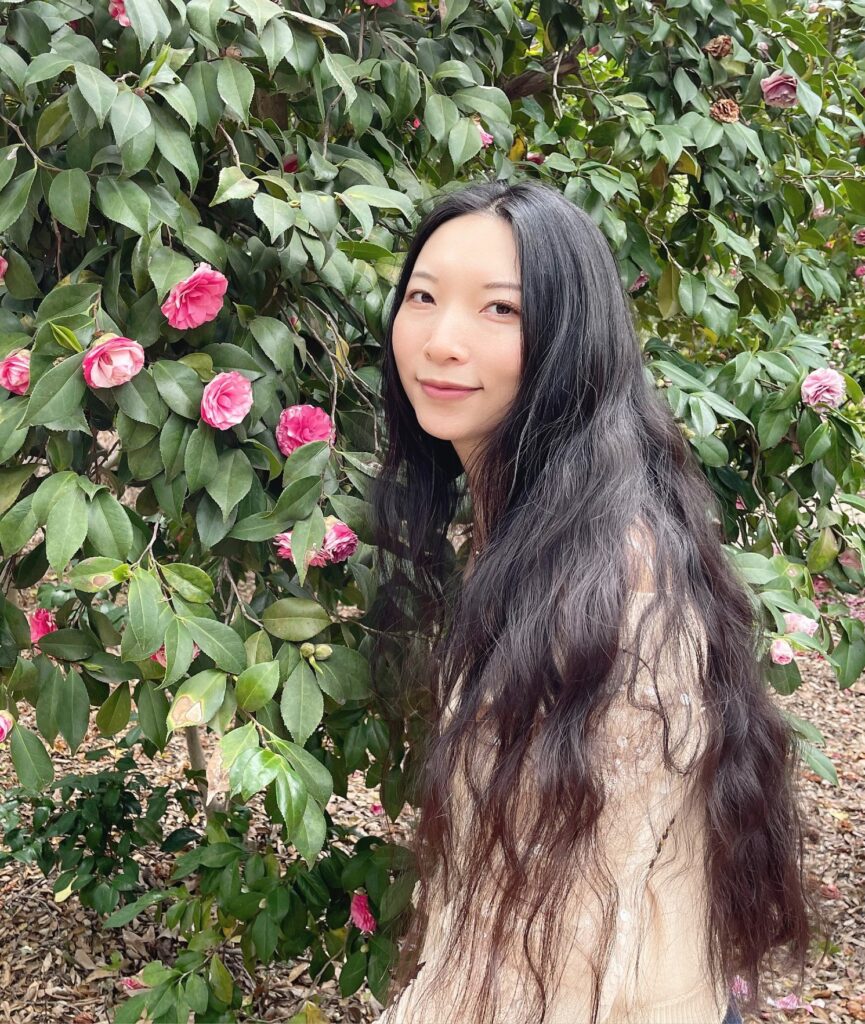Beck Institute launched its Cognitive Behavior Therapy (CBT) Certification program in 2019 to encourage excellence in the clinical practice of CBT. In the three years since we launched our program, 1002 people have applied to the program from 44 countries with a range of postgraduate degrees, including MSW, MEd, MA, in addition to PhD, PsyD, EdD, MD and more. To date, clinicians from 20 countries have attained Beck Institute CBT Certification. We are excited to hear from our certified clinicians about their experience with the Beck Institute Certification Program and how their certification impacts their work today.

Recently, we spoke to Sophia Fang, LMFT, about what Beck Institute CBT Certification means to her and how it has helped her clinical practice.
Tell us about your organization and your role. What made you decide to get certified by Beck Institute?
I am a Licensed Marriage and Family Therapist and finishing up my Doctor of Psychology degree. I am a full-time counselor at Pepperdine University, serving both undergraduate and graduate student populations. Additionally, I have my private practice providing bilingual services (English and Mandarin) to diverse individuals and couples. I decided to pursue the CBT certification from Beck Institute due to its high standard for excellent education and ample resources. As a clinician, I enjoyed working with evidence-based practices such as CBT and want to provide effective and efficient treatment to my clients.
Why did you want to become a therapist?
Growing up, I was fascinated with neuroscience and human behaviors, but my creative nature also pushed me to find my own way of helping people in need. When I stumbled upon psychology, I knew that being a therapist was the path I wanted to pursue.
Do you feel the certification helped your career? If so, in what way(s)?
I learned a lot through coursework and supervision, which are required to obtain the certification. I feel a lot more confident in conducting CBT sessions and can tailor my approach to each client. After receiving the certification, I believe it helped me stand out amongst my peers for having additional training and experience in CBT.
Why did you choose CBT?
[I] was many years [into my career] before I decided to shift my focus to CBT. I was hesitant to adopt any approach that may be rigid or too structured. So, I challenged my beliefs and took more courses to learn about CBT. The results were surprising; I was under the wrong impression the whole time. I learned that CBT can be easily incorporated into my personal style of conducting therapy. On top of that, I found that many CBT techniques can be easily translated into different languages and be effective across cultures. Having more structure in the sessions helps the therapeutic process be more collaborative, contrary to my previous belief. I am so glad that I took the chance to explore, and CBT is my go-to approach now. I found it flexible, effective, and easily applied to other cultures as well.
What was your favorite part of the certification process?
I enjoyed the whole process, including the coursework and supervision. I loved the role play videos in the courses, which opened my eyes to the variety of styles of conducting CBT. Moreover, I formed a great relationship with my individual supervisor, who helped me grow into a better clinician.
How do you spend your time outside of the clinic/your office?
I enjoy many creative activities outside my work: I play many musical instruments and love to experiment with different painting styles. Currently, I am working on illustrating and writing my second book.
If you could speak directly to someone who is considering therapy but is on the fence, what would you say to them?
Try to interview potential therapists before starting. Having a more suitable therapist makes a lot of difference in the therapeutic process.